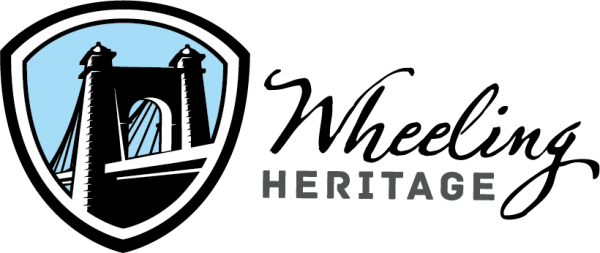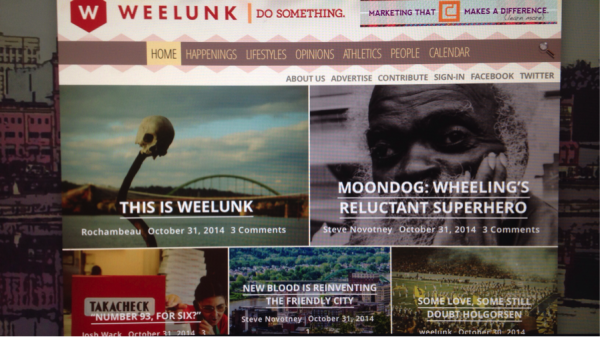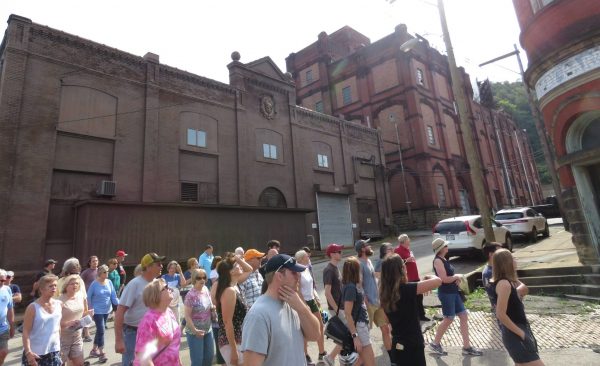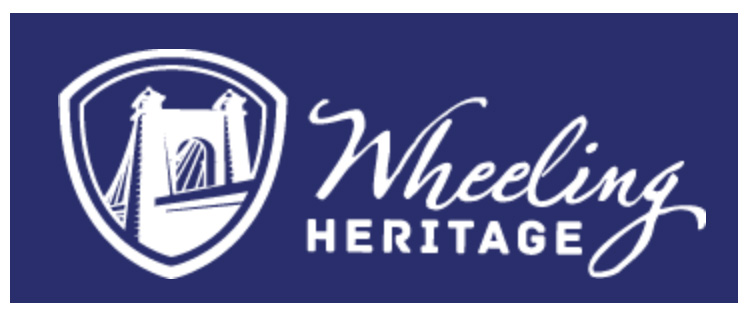‘THIS IS WEELUNK’
“It looks like a website, but it’s more than that. It represents an attitude, a desire for a new Wheeling, one that trades shrinking and decay for optimism and enthusiasm,” explained one of the first posts on a fledgling Weelunk.com.
In close to five years since its kickoff, Weelunk has transitioned from a loosely run website with one paid writer to a nonprofit entity with its first full-time manager.
 And today, another new chapter in the online magazine’s life begins: Wheeling Heritage has acquired the website, with the intention to bring more resources to the site, expanding its staff and content.
And today, another new chapter in the online magazine’s life begins: Wheeling Heritage has acquired the website, with the intention to bring more resources to the site, expanding its staff and content.
But the mission will remain the same: To support the revitalization of Wheeling.
Weelunk’s goal has always been to tell Wheeling stories; to share the community angle of what’s happening in Wheeling; and to talk about people who are making a difference.
“It’s Wheeling Heritage’s mission to be a catalyst for the revitalization of Wheeling. We’re always looking for the best ways to carry out that mission — and we’ve seen the most success when we truly engage the community in our work. After all, what is a place without its people? What is the point of old buildings if there’s no one using them? Why preserve and tell stories if there’s no one listening?” said Alex Weld, director of operations for Wheeling Heritage, who will oversee Weelunk.
The organization will be operated by Wheeling Heritage Media, a subsidiary of Wheeling Heritage. This venture includes an expansion in the type of content available on Weelunk, including integrating videos, podcasts and other multimedia to engage more people and better tell Wheeling’s story.
 Jason Koegler, one of several people responsible for Weelunk’s creation in 2014 and president of the board when Weelunk became a non-profit, will take a seat on Wheeling Heritage’s board of directors.
Jason Koegler, one of several people responsible for Weelunk’s creation in 2014 and president of the board when Weelunk became a non-profit, will take a seat on Wheeling Heritage’s board of directors.
“My hope is that the energy and momentum around Wheeling’s revitalization continues, and that Weelunk continues to be a part of this, through elevating positive and inspiring stories about our city, spreading the word about great people doing great things and inspiring others to take up this charge,” Koegler said.
“I’m so excited about this partnership with Wheeling Heritage because of the aligned mission, and the increased capacity that will be dedicated to Weelunk’s growth and success. This next chapter in Weelunk’s story is about increased relevance and deepened impact,” Koegler said, and added that he’s looking forward to growing its story and shepherding its growth as a Wheeling Heritage board member.
IN THE BEGINNING
The idea of Weelunk was born when Koegler and few friends — some of whom had coincidentally moved back to Wheeling around the same time — got together monthly to socialize and to talk about ideas to move their beloved city forward.
“What we were experiencing, surprising to most of us, was that Wheeling was already a pretty cool place to live and most definitely an awesome place to raise a family. The issue was that this wasn’t really being acknowledged and celebrated, or encouraging others to see Wheeling in this light,” Koegler said.
Weelunk then became that vehicle, on Oct. 31, 2014.

“According to Google Analytics, in its first weekend, over 10,000 people visited Weelunk from all 50 states and 27 countries. What an amazing experience it was to watch Weelunk’s reception. For us, it was extra special because we were able to share it with old friends, new friends and family, ALL of whom shared a love for Wheeling, and together we witnessed an explosion of love for a city that was just awakening from a bit of a dark spell. Wheeling was shining again,” Koegler said.
“A ragtag group of Weelunkers served as an initial editorial board,” he said. For about three years, the online magazine functioned with a handful of writers – including just one paid writer, Steve Novotney — a technical guru, other friends and family who wrote stories and took photos, and Koegler, who helped to post the content.
The name came about when Koegler’s friend, Carter Kenamond, noticed the word “Weelunk” while standing in line for Santa Claus at the Oglebay Institute Mansion Museum. A historical display told the story of Wheeling’s name origin.
“Weelunk is the original, Native American name for what we now know as Wheeling. It’s meaning, ‘Place of the Skull’ is from Delaware Indian language weel (meaning ‘skull’ or ‘head’) and lunk (meaning ‘place of’). Legend has it that an early white settler was killed by natives, and then his head was put on top of a pole as a warning to other settlers to stay away,” Koegler explained.
GOING NON-PROFIT
In 2017, Koegler and Jeremy Morris, who was then executive director of Weelunk, transitioned the website to a non-profit entity — in part because of mission, in part for financial stability.
“With its newly acquired non-profit status, in January of 2018, Weelunk was able to receive a generous grant from the Hess Foundation and hire its first-ever managing editor,” Koegler said. Phyllis Sigal, a Wheeling native with 38 years in the newspaper business, began her role on Feb. 1, 2018.
“A writer and editor, Sigal [was] able to develop and maintain a healthy group of paid writers. Today’s content is the content we were dreaming of way back in the summer of 2014. In our opinion, the hiring of Phyllis saved Weelunk from certain demise and, most importantly, aligned Weelunk to its original mission,” Koegler said.
In the past 19 months, the roster of writers has grown to more than 20 and close to 1,265 bylined stories and community press releases have been posted to the site. About a dozen series have been created, which will continue to focus on important issues and interesting people.
“My goal is to keep doing what Weelunk has become known to do well — tell Wheeling’s stories in creative ways,” Sigal said. “I’m excited to work with Alex and Wheeling Heritage, finding new ways to provide content to our readers.”
INTO THE FUTURE WITH WHEELING HERITAGE
“We’re thrilled that Phyllis will remain as Weelunk’s managing editor. Her experience as an editor and writer, as well as her dedication to the vision of Weelunk, are vital to the organization. Joining her will be two digital content specialists who will focus on creating video and audio content — not just for the Weelunk website, but also for social media posts and podcasts,” Weld said.
“We are dedicating significant resources to Weelunk because we know that this platform can truly be transformational for our organization and also our community.”
There are plenty of ways to tell Wheeling’s diverse stories, Weld said.
“Wheeling Heritage has interpretive signage all over the city, recounting important events and places. Throughout our 25 years as a nonprofit in Wheeling, we’ve published various brochures, hosted numerous walking tours and held several events all with the goal of telling Wheeling’s story, both past and present.
“And while all of these efforts have been valuable, it’s clear that there are plenty of people we haven’t reached — and plenty of stories that have not yet been told. Luckily, Weelunk’s community writers bring a valuable perspective. We’re excited to work with these writers, and we’ll also continue to grow the list of Weelunk writers, in an effort to engage more members of our community in telling our collective story,” Weld said.

Weld also is calling for collaboration from the Wheeling community to share in the growth of Weelunk, and in turn, the city.
“As we look to expand the ways in which we are telling Wheeling’s stories, we have to meet people where they are. A revitalized Wheeling cannot be built without those who make it up. We hope you will join us in creating an even more vibrant, insightful and exciting Weelunk — and Wheeling.”
Through submitting article ideas, engaging with Weelunk online and even becoming writers themselves, Wheeling Heritage hopes the community will join in and help tell its story.



